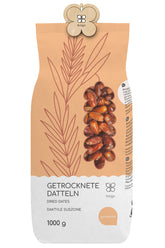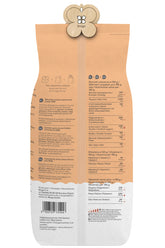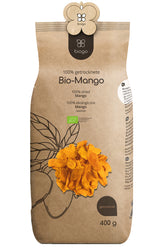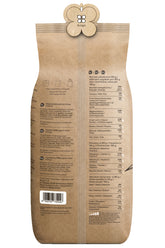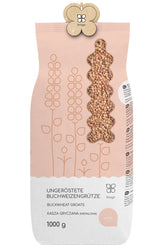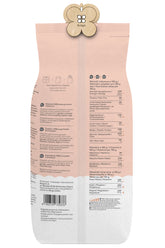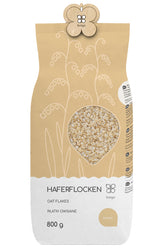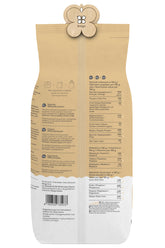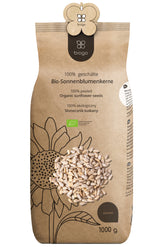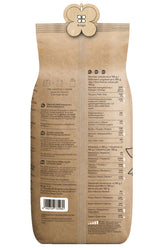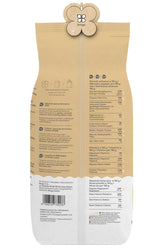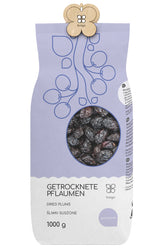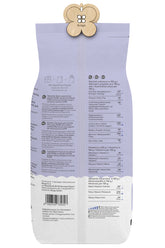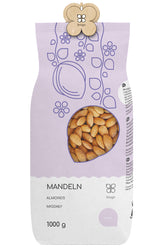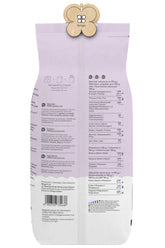As a vegetarian, it's important to focus on a balanced and nutrient-rich diet. While a vegetarian lifestyle offers many health benefits, deficiencies in certain nutrients can occur. In this blog post, you'll learn which supplements are particularly important for vegetarians and how to optimally nourish your body.
Vitamin B12 - the key to health
Vitamin B12 is one of the most important nutrients that vegetarians need to pay special attention to. This vitamin plays a crucial role in many vital bodily functions, such as blood formation, energy metabolism, and nerve function. Since vitamin B12 is mainly found in animal foods like meat, fish, eggs, and dairy products, vegetarians can easily develop a deficiency.
To prevent this, it's advisable to regularly take B12-containing supplements. A daily intake of 3-5 micrograms is recommended. The so-called 'active' forms of vitamin B12 - methylcobalamin or adenosylcobalamin - are particularly well utilized. These are easily available to the body and can be optimally absorbed.
Iron - for strength and endurance
Iron is another important nutrient that often receives attention among vegetarians. This mineral is essential for oxygen supply to the body, blood formation, and energy metabolism. Vegetarians have an increased risk of iron deficiency because plant-based iron sources like legumes, whole grains, or nuts are less efficiently absorbed by the body.
To meet iron requirements, it's recommended to regularly include iron-rich foods like quinoa, spinach, or cashews in your diet. Additionally, iron tablets or drops can be beneficial, especially for women with increased needs. Make sure the iron is in a highly bioavailable form, such as iron bisglycinate chelate.
Omega-3 fatty acids - for heart and brain
Omega-3 fatty acids play an important role in heart and brain health. They have anti-inflammatory properties, support heart and vascular function, and are essential for cognitive performance. Since omega-3 fatty acids are mainly found in fatty sea fish, vegetarians need to pay special attention to their intake.
Good sources include flaxseeds, chia seeds, or walnuts. However, the conversion of the ALA fatty acids contained in these foods into the more valuable EPA and DHA fatty acids in the body is limited. Therefore, vegetarians are additionally advised to take algae oil capsules, which directly provide EPA and DHA.
Vitamin D - sunshine vitamin for bones and immune system
Vitamin D is another important nutrient that is often lacking in a vegetarian diet. This vitamin plays a crucial role in bone health, the immune system, and many other bodily functions. Since vitamin D is mainly produced through sun exposure, vegetarians who spend less time outdoors can easily develop a deficiency.
To optimize vitamin D levels, taking vitamin D supplements is recommended. Vitamin D3 supplements are particularly suitable as they are better utilized by the body than the plant-based form vitamin D2. A daily dose of 20-50 micrograms can cover the requirement in most cases.
Zinc - for immunity and fertility
Zinc is an essential trace element needed for many bodily functions. It plays an important role in the immune system, metabolism, and fertility. Vegetarians have an increased risk of zinc deficiency because plant-based zinc sources such as whole grains, legumes, or nuts are less well absorbed by the body.
To meet the zinc requirement, taking zinc supplements is recommended. Organic zinc compounds such as zinc bisglycinate or zinc picolinate are particularly well absorbed. A daily dose of 8-11 milligrams for women or 11-14 milligrams for men can cover the requirement in most cases.
Conclusion
A vegetarian diet offers many health benefits. However, vegetarians need to pay special attention to the intake of certain nutrients. The most important supplements for vegetarians are vitamin B12, iron, omega-3 fatty acids, vitamin D, and zinc. With the right supplementation, vegetarians can ensure their body is optimally supplied and they can benefit from the advantages of a plant-based lifestyle.

